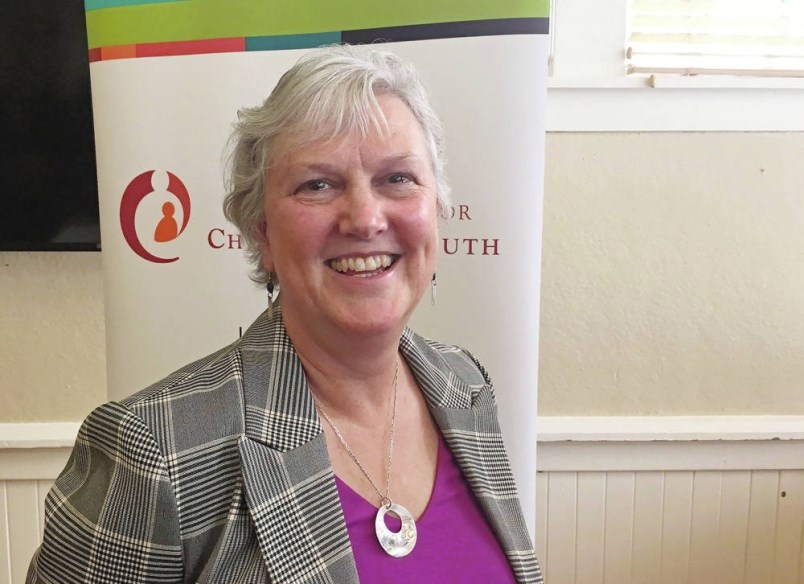The number of children and youth receiving involuntary mental health services jumped an “alarming” 162 per cent between 2008 and 2018, says a report from B.C. children’s watchdog.
The 119-page report by Jennifer Charlesworth, called Detained: Rights of Children and Youth under the Mental Health Act, includes 14 recommendations to several public bodies.
Involuntary child and youth admissions rose to 2,545 from 973 between 2008 and 2018, raising troubling questions about the adequacy of the voluntary, community-based system of care and treatment and its ability to avoid unnecessary involuntary detention, the report says.
“Clearly, the time has come for government to devote special attention to how the Mental Health Act can be improved in its operation and administration to better protect and respect the voice and the interests of children and youth it affects in such profound ways,” the report said.
The youth who spoke with Charlesworth’s office for the report were between 10 and 18 when they were first admitted under the Mental Health Act and came from across B.C.
Most didn’t know their rights and didn’t recall being informed of them — including being able to request a second medical opinion or access a lawyer to review their detention.
They did recall forced medication and “scary” periods of isolation and restraint. Indigenous young people recalled racism and an absence of culturally relevant treatment, the report says.
Charlesworth said it’s not clear that children’s voices are routinely considered with regard to their detainment, treatment and discharge under the Mental Health Act, “all of which are decisions that intimately impact their lives.”
Tracking and monitoring data was insufficient in a number of areas — either not collected or varying greatly from one health authority to the next — making some analysis impossible, according to the report.
The Ministry of Health, for instance, informed the representative it believes Indigenous children and youth are disproportionately hospitalized involuntarily, yet there is no data available on the number of Indigenous children admitted under the Mental Health Act, the report says.
The representative was also unable to use Health Ministry data regarding the length of time that children and youth are detained under the Mental Health Act out of concerns raised by health authorities about its accuracy.
The number of children younger than 16 who are hospitalized at the request of their parents and without their consent is unknown, and health authorities were not able to provide data on the frequency of second medical opinion requests, the report says.
As a result, the report says, there a “gap” in understanding the full effect of B.C.’s Mental Health Act.
The report also found inadequate oversight of restraint and confinement measures, which demand rigorous accountability.
“It is concerning that legislation and regulation to guide the use of these measures does not exist,” the report says.
The report also cites a lack of opportunity for young people detained under the Mental Health Act to have a say in treatment options and to stay connected with family and culture to help deal with underlying causes of their symptoms, the report says.
The representative heard young people while in detention most yearned for “connections with family, friends and community to support healing, instead of the loneliness and separation felt in the hospital setting.”
Recommendations include:
• Identify the reason involuntary mental health detention for children and youth is increasing, as well as opportunities to reduce these admissions.
• Standardize the collection and reporting of key data pertaining to children and youth admitted under the Mental Health Act.
• Review and reconcile the section of the Mental Health Act that allows a child under 16 to be admitted on a voluntary basis at the request of their parent or guardian.
• Develop a process to enable a First Nations, Métis or Inuit child or youth to notify their community or Nation of their involuntary admission.
• Notify an independent body every time a child or youth is detained under the Mental Health Act and mandate this body to provide rights advice and advocacy
•Develop new informational materials provided to children and youth detained under the Mental Health Act that explain what is happening, their rights and options
• Amend the Mental Health Act to ensure isolation and restraint are only used as a last resort and only in accordance with legislative or regulatory criteria



